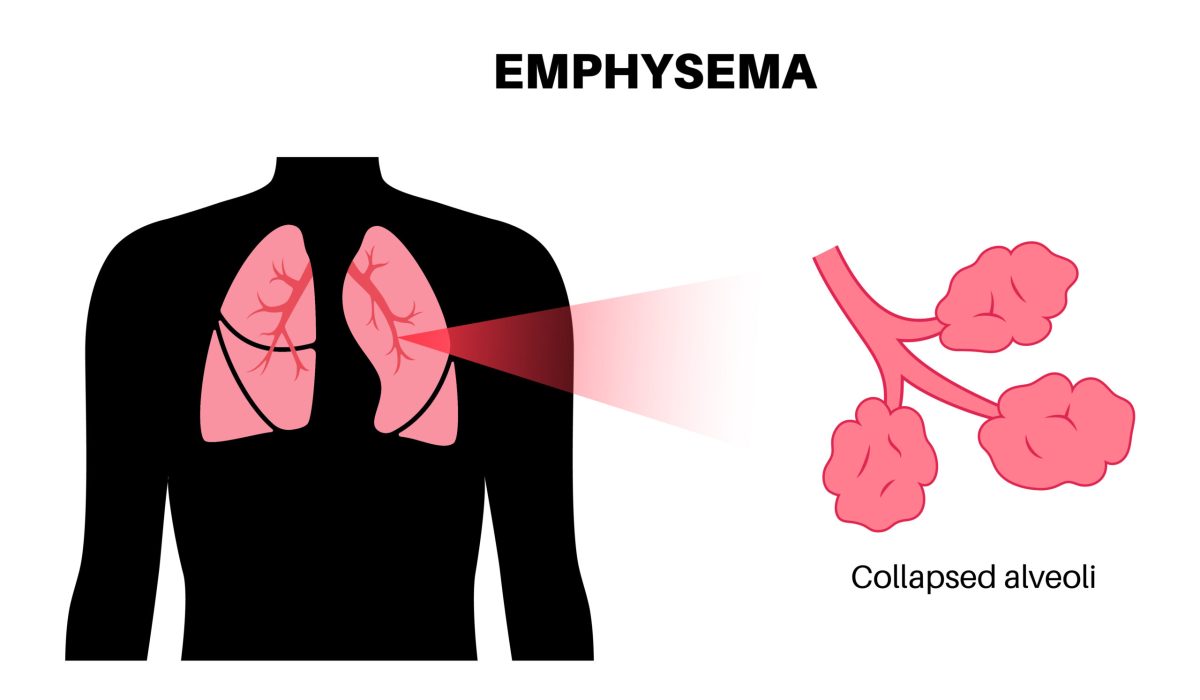What Is Emphysema?
Emphysema is a long-term lung disease that makes it hard to breathe. It is a type of chronic obstructive pulmonary disease (COPD). In emphysema, the air sacs in the lungs become damaged. As a result, less oxygen reaches your bloodstream. Many people search for information about emphysema symptoms, emphysema treatment options, and lung health. Understanding this condition can help you manage it better.
Causes of Emphysema
Most cases of emphysema happen because of long-term exposure to harmful substances. The main cause is smoking. However, other factors can also lead to emphysema. For example, breathing in air pollution or workplace dust can damage your lungs over time. Rarely, a genetic problem called alpha-1 antitrypsin deficiency can cause emphysema, even in non-smokers.
Common Symptoms
Emphysema symptoms often develop slowly. At first, you may not notice any problems. But as the disease gets worse, symptoms become more obvious. Early detection can help you get the right treatment. Watch for these signs:
Sometimes, people lose weight without trying. If you notice these symptoms, it is important to talk to your doctor.
Diagnosis
Doctors use several tests to diagnose emphysema. First, they will ask about your symptoms and medical history. Next, they may listen to your lungs with a stethoscope. To confirm the diagnosis, your doctor might order these tests:
Early diagnosis can help you start treatment sooner. This can slow down the disease and improve your quality of life.
Treatment Options
Although there is no cure for emphysema, many treatment options can help manage symptoms. Your doctor will create a plan based on your needs. Common treatments include:
In severe cases, surgery may be an option. However, most people can manage emphysema with medicine and lifestyle changes.
Lifestyle Tips and Prevention
Living with emphysema can be challenging. Still, healthy habits can make a big difference. Here are some tips to protect your lungs and prevent symptoms from getting worse:
With the right care, many people with emphysema can lead active lives. Early action is key to slowing the disease.
Conclusion
Emphysema is a serious lung condition, but you can manage it with the right steps. If you notice symptoms or have risk factors, do not wait. Consult a pulmonologist for personalized advice on emphysema management.

